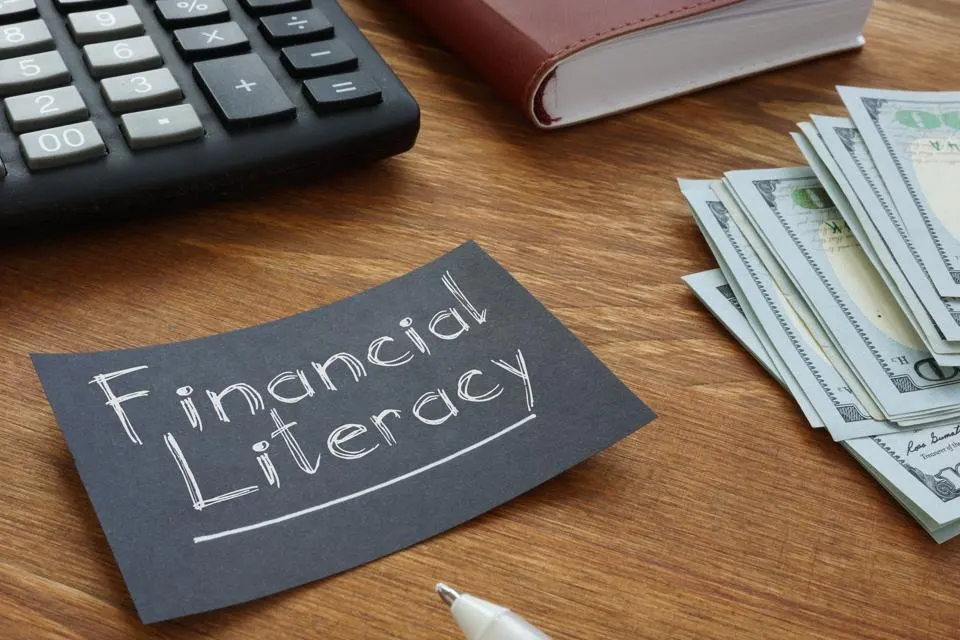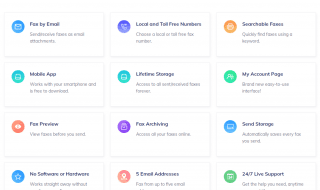
Financial literacy is a crucial skill that can significantly impact the lives of veterans and their families. Transitioning from military life to civilian life comes with its own set of challenges, including navigating the complex world of personal finance. With the right knowledge and resources, veterans can manage their finances more effectively, reduce debt, understand the nuances of tools like debt settlement and achieve financial stability. This article will explore why financial literacy is essential for veterans and how it can empower them in their financial journeys.
Understanding the Importance of Financial Literacy

For many veterans, the end of military service marks the beginning of a new chapter in life. However, this transition can be overwhelming, especially when it comes to understanding personal finances. Financial literacy equips veterans with the knowledge they need to make informed decisions about money, ensuring that they can secure their financial futures.
Navigating Debt and Debt Settlement
One of the most pressing issues veterans face is managing debt. Whether it’s credit card debt, student loans, or medical expenses, understanding how to effectively manage and reduce this debt is vital.
- Debt Settlement: Many veterans may find themselves in situations where debt becomes unmanageable. Learning about debt settlement options can provide relief by negotiating with creditors to pay off debts for less than what is owed. This can be a valuable strategy, but it’s essential to fully understand the process and potential consequences.
Building a Strong Financial Foundation
Financial literacy helps veterans build a solid foundation for their financial future. Here are some key areas where understanding personal finance can make a significant difference:
1. Creating a Family Budget
A family budget is a critical tool for managing household expenses. Veterans can learn to track income and expenditures, helping them identify areas where they can cut costs and save money.
- Budgeting Basics: Start by listing all sources of income, followed by fixed expenses (like rent or mortgage) and variable expenses (like groceries or entertainment). This simple exercise can highlight spending patterns and make it easier to create a sustainable budget.
2. Understanding Home Loans
Home ownership is a common goal for many veterans, and understanding the ins and outs of home loans is essential. VA loans offer unique benefits, including no down payment and lower interest rates, making it easier for veterans to buy homes.
- Navigating the VA Loan Process: Financial literacy can help veterans understand the application process, required documentation, and the importance of maintaining good credit scores to qualify for favorable loan terms.
Protecting Your Identity and Benefits
Veterans face unique challenges regarding identity theft and protecting their benefits. Financial literacy includes knowing how to safeguard personal information and VA benefits.
1. Identity Protection
Understanding the risks of identity theft is crucial, especially for veterans who may be targeted for their benefits.
- Preventative Measures: Educating veterans on how to protect their personal information, such as using secure passwords and regularly checking their credit reports, can help reduce the risk of identity theft.
2. Knowing Your VA Benefits
Many veterans are unaware of the full range of benefits available to them. Financial literacy empowers veterans to explore and maximize these benefits.
- Accessing Resources: Resources provided by the VA and partner organizations can help veterans understand their benefits and how to apply them effectively in managing their finances.
Resources Available to Veterans

Veterans have access to numerous resources to help improve their financial literacy. Here are some valuable options:
1. VA Financial Counseling
The VA offers financial counseling services that can provide personalized guidance. This includes help with budgeting, understanding credit, and managing debt.
2. Online Courses and Workshops
Many organizations offer free online courses and workshops focused on financial literacy. These can cover topics such as budgeting, investing, and debt management.
3. Local Community Resources
Veterans can also seek assistance from local organizations that specialize in helping veterans. These community resources often provide tailored support and information on navigating financial challenges.
Conclusion: Empowering Veterans Through Financial Literacy
Financial literacy is not just about understanding numbers; it’s about empowering veterans to make informed decisions about their financial futures. From creating a budget to understanding the nuances of home loans, financial education can have a lasting impact on a veteran’s life.
By taking advantage of available resources and actively seeking to improve their financial knowledge, veterans can navigate the complexities of personal finance with confidence. This not only benefits them but also strengthens their families and communities, leading to a more stable and secure future.
So, whether you’re newly transitioned or have been out for years, investing time in understanding your finances is a crucial step toward achieving the life you want. Remember, knowledge is power, and financial literacy is the key to unlocking your financial potential.




